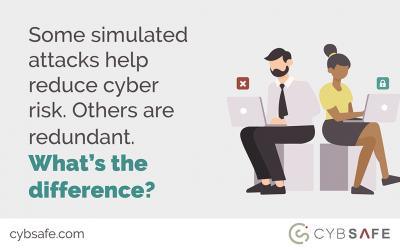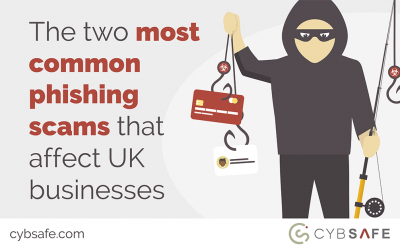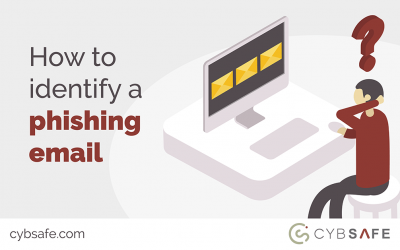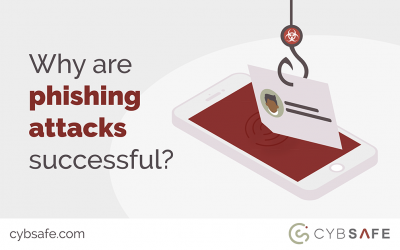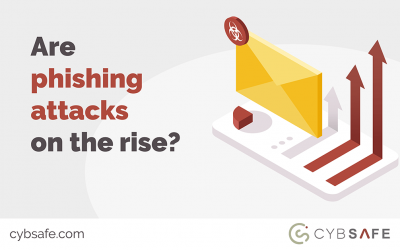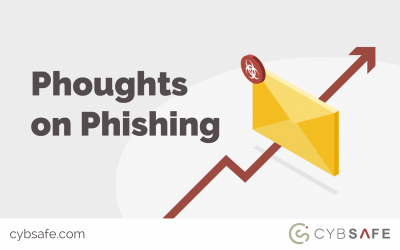Phishing attacks are a problem. Over the past year, 88% of professionals reported an increase in phishing attacks. It...
Phishing & social engineering
Cyber criminals are using COVID-19 cover stories in new phishing attacks
Criminals are using COVID-19 stories to convince people to do things they’d never normally do.
Let’s punish phishing victims… er, you want to do what?!
There is a big, hairy elephant in the room when it comes to phishing: Many organisations believe that it’s okay, or...
Some simulated attacks help reduce cyber risk. Others are redundant. What’s the difference?
Here’s an interesting conundrum for cyber security professionals.Some simulated attacks reduce human cyber risk. Others, however, have no effect on risk – and may even have a negative impact.
The two most common phishing scams that affect UK businesses
Phishing scams evolve constantly. Don’t they?
On the one hand, yes. Sophisticated cyber criminals are very much aware that, once a phishing scam becomes well known, its potency falls. So, over time, phishing scams adapt and evolve.
On the other hand, the the nuts and bolts of phishing scams are surprisingly static. On the whole, phishing attacks are quick, cheap and disastrously effective. Knowing this, criminals rarely tweak the inner workings of their phishing scams all that much.
How to identify a phishing email
You’ve received an email. As no phishing filter can keep out 100% of all phishing attacks, there’s a chance the email...
Why are phishing attacks successful?
Phishing attacks often seem rudimentary. With their spelling and grammar errors, blurry replicas of company logos and...
Are phishing attacks on the rise?
In 2018, some reports suggest the number of phishing attacks are falling. Is that really the case? Phishing attacks...
Calculating your true phishing vulnerability
Have you ever wondered whether your reduced phishing susceptibility rate is really telling the full story? Or wondered why it may be low one week but spike the next?



